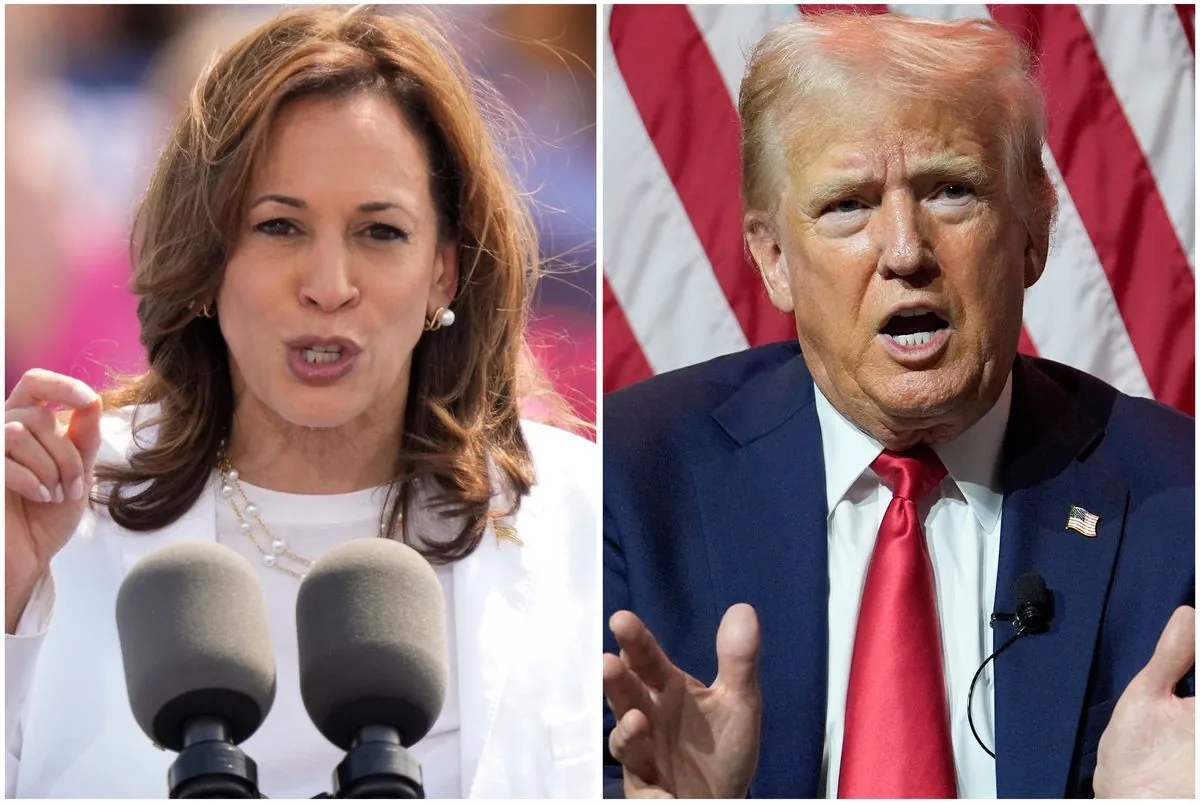As the 2024 US presidential election approaches, the political landscape is being reshaped by an unexpected force: artificial intelligence (AI)-generated memes. Contrary to initial fears of hyper-realistic deepfakes, the digital realm is awash with absurd, AI-created images that are both captivating and concerning.
Donald Trump riding a cat while brandishing an assault rifle, Kamala Harris sporting a mustache in communist attire, or the two sharing an intimate embrace – these surreal scenarios have become commonplace in the current political discourse. While these images may seem harmless or even humorous, experts warn of their potential to spread misinformation and influence voter perceptions.
Francesca Tripodi, a sociologist at the University of North Carolina at Chapel Hill, emphasizes the gravity of the situation:
The proliferation of AI-generated content in political campaigns has raised eyebrows, particularly in the case of Donald Trump's supporters. They have been observed using AI memes to propagate unfounded conspiracy theories, such as the claim that Haitian migrants are consuming pets in Springfield, Ohio.
Republican strategist Caleb Smith defends these practices, stating that they are meant to entertain rather than deceive. However, critics argue that even seemingly innocuous memes can carry harmful messages and perpetuate stereotypes.
While both sides of the political spectrum have dabbled in AI-generated content, Trump's campaign appears to be at the forefront of this trend. In contrast, Kamala Harris' campaign has taken a more cautious approach, limiting their use of AI to productivity tools and data analysis.
The ease of creating AI-generated images has revolutionized political messaging. Paul Ingrassia, a political commentator, shared his experience of quickly producing a viral image of Trump emerging from a lion's den using AI tools. This accessibility has made AI a powerful tool for campaigns to respond to online trends and reinforce their messages.
It's worth noting that the use of AI in politics is not limited to the United States. Similar trends have been observed in elections worldwide, from Indonesia to the Netherlands. In some cases, more sinister applications of AI, such as deepfake audio clips, have attempted to influence election outcomes.
As we approach the 2024 election, it's crucial to consider the broader implications of AI in politics. The technology, which has its roots in the 1950s with the creation of the first AI program, Logic Theorist, has come a long way. Today, AI is being used in various fields, from healthcare to climate change mitigation, with the global AI market expected to reach $1,597.1 billion by 2030.
While AI offers numerous benefits, its use in political campaigns raises ethical concerns. As voters navigate this new landscape, it's essential to approach AI-generated content with a critical eye and seek reliable sources of information.
